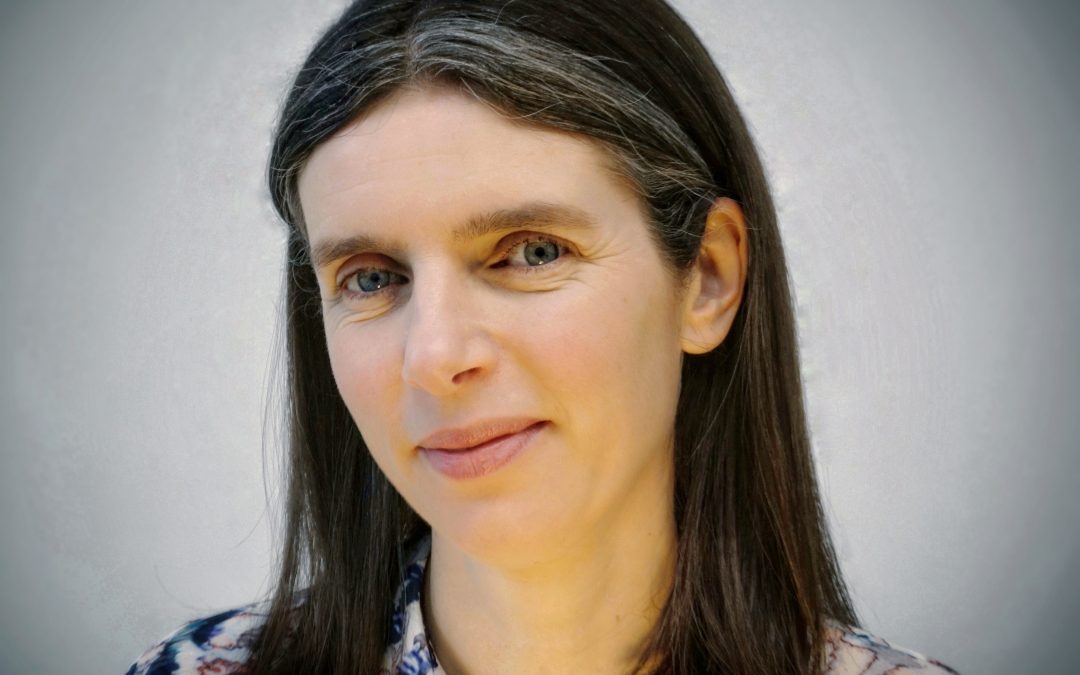As we embark on an new era at IPWSO, Marguerite Hughes, Chief Executive Officer, reflects on her role and looks forward to IPWSO’s continuing growth and success.
In 2025 I will be stepping down as IPWSO CEO. I will miss it greatly, in large part because every day I work for IPWSO I have an opportunity to help people I care about.
Every email sent, every funding solicitation made, every meeting with a family or PWS association, every research discussion, and every training programme has the ultimate goal of helping people with PWS and their families. And, in my privileged position, not only can I help advance this goal, but I also get to see first-hand the impact of IPWSO’s work.
I feel certain that there are people with PWS alive today who, without IPWSO’s work, would not be here. And that there are many more whose lives, and those of their families, are better because of what we do.
Not alone does my position enable me to help families around the world, but I also get to work alongside inspiring colleagues. Our staff and volunteers include families who believe that by pooling expertise and resources we can achieve better outcomes for all, parents who despite their own challenges want to help others in more difficult circumstances, and medical, social care and other professionals who have dedicated their working lives to improving outcomes for people with PWS.
I first joined the IPWSO Board as the mother of a 9-year-old son with PWS. By the time I leave, my son, Louis, will be 21. Louis now lives in a PWS-specific supported living setting, where he is healthy and, mostly, content. With the help of dedicated caregivers he is exploring possible training and work opportunities. I feel very fortunate to live in a country where such services are available.
Throughout his life Louis benefited from expertise that was developed through international collaborations. The growth hormone treatment he has been receiving since childhood was made available for people with PWS following research in many countries. Practices around sleep studies, scoliosis treatment, guidance on how to manage hyperphagia, and best practices in social care all came about as a result of combined efforts by people from different countries.
IPWSO brings together our diverse international community and my work has granted me access to the stories and expertise of people around the world. It is always apparent to me in these interactions that we all have something to share, and we all have something to learn.
Of course, there are frustrations, challenges, and sadness in IPWSO too. We hear about children with PWS who have died, often in countries where knowledge about PWS is very limited. We receive requests for funding to pay for surgical procedures, growth hormone treatment, and therapies for children in need. Sadly, our very limited resources do not allow us to financially support individual families, although it is always difficult to decline their requests. We celebrate when we receive samples for diagnostic testing from countries where we previously knew of nobody with PWS but recognize that the help we can provide to people in these countries only represents a drop in the ocean compared to their needs.
IPWSO cannot do everything, but it can and does have a meaningful impact. On a personal level, it has provided me with an opportunity to help, as well as many opportunities to learn. I would encourage anyone who has relevant experience and is passionate about helping people such as those with PWS or with a rare disease and their families around the world to consider applying for the role of IPWSO CEO. The best job in the world could soon be yours!

